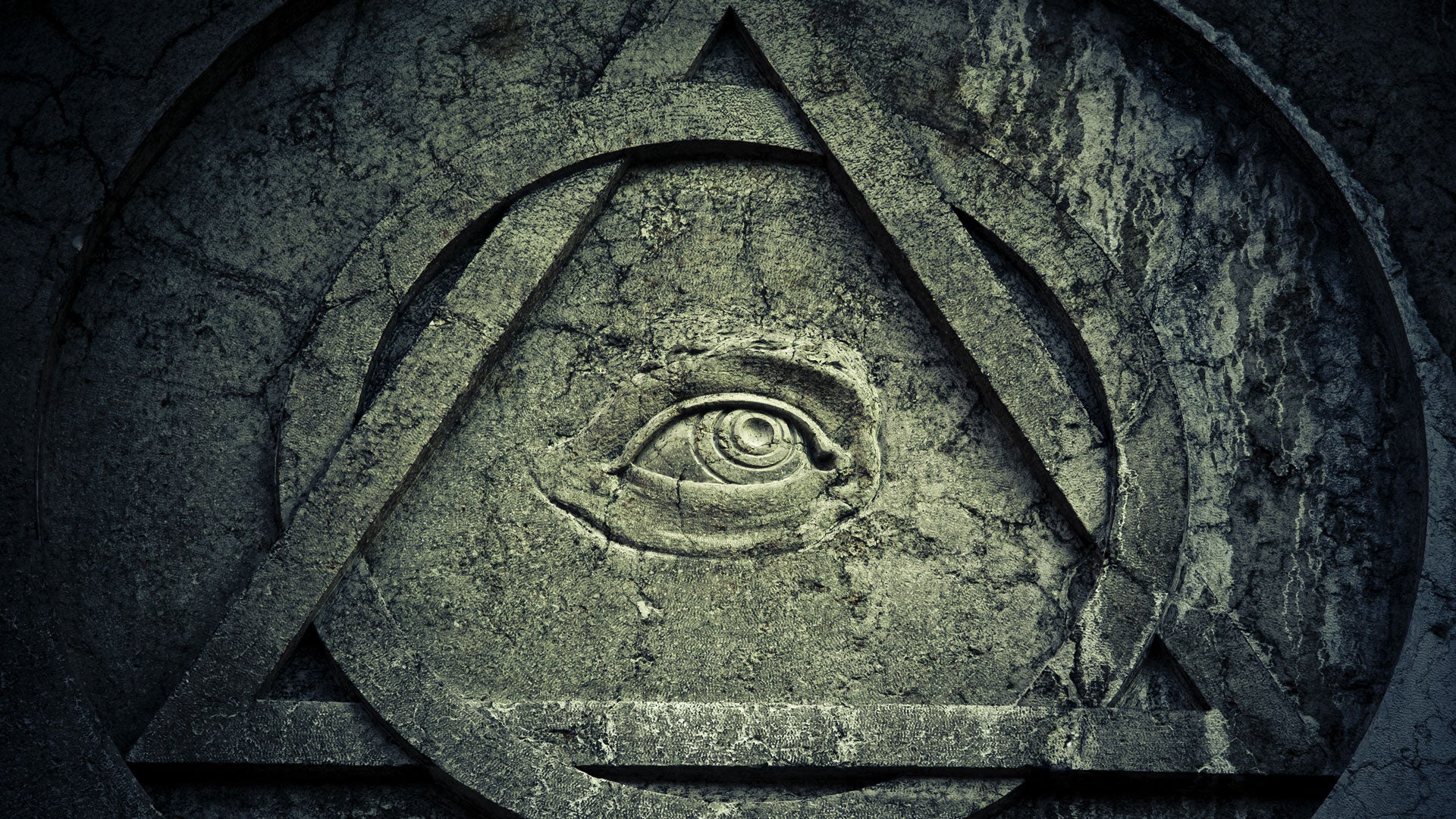meatthesavages.com – In an era where global security challenges are on the rise, the quest for secure societies has become more pressing than ever. While no country is entirely free from crime, some have managed to establish exceptional crime prevention strategies that have significantly contributed to their overall security and well-being. This article delves into the insights and strategies that have made these societies stand out in their efforts to prevent crime and maintain peace.
The Pillars of Exceptional Crime Prevention
1. Strong Community Policing
At the heart of exceptional crime prevention lies the concept of community policing. Countries that have successfully integrated community policing into their law enforcement strategies have seen a marked decrease in crime rates. Community policing involves the collaboration between the police and the community to identify and solve problems. It fosters trust, reduces fear, and promotes safety.
2. Effective Use of Technology
The integration of technology in crime prevention strategies has been a game-changer. From surveillance systems to data analytics, technology has enabled law enforcement agencies to predict, prevent, and respond to crimes more effectively. Countries that have embraced technological advancements in their crime prevention efforts have seen significant improvements in their security landscapes.
3. Comprehensive Legal Frameworks
A robust legal framework is essential for effective crime prevention. Countries with exceptional crime prevention strategies have comprehensive laws that not only deter potential criminals but also provide clear guidelines for law enforcement agencies. These legal frameworks are regularly updated to address emerging threats and challenges.
4. Focus on Education and Employment
Preventing crime is not just about law enforcement; it’s also about addressing the root causes of crime. Countries that have focused on education and employment opportunities for their citizens have seen a reduction in crime rates. By providing pathways to success, these societies reduce the likelihood of individuals turning to crime.
Case Studies: Countries with Exceptional Crime Prevention
Japan: The Power of Community Policing
Japan is renowned for its low crime rate and high sense of security among its citizens. The country’s success can be attributed to its strong community policing initiatives, such as the Koban system, where police boxes are located in neighborhoods to facilitate interaction between the police and the community.
Singapore: The Role of Technology and Strict Laws
Singapore’s approach to crime prevention is characterized by its effective use of technology and strict legal framework. The city-state boasts one of the lowest crime rates in the world, thanks to its comprehensive surveillance systems and tough laws that deter criminal activities.
Iceland: Focus on Education and Welfare
Iceland’s approach to crime prevention is unique in its focus on education, welfare, and community involvement. The country has one of the lowest recidivism rates in the world, largely due to its emphasis on rehabilitation and reintegration of offenders into society.
Conclusion
The quest for secure societies is an ongoing challenge that requires a multifaceted approach. The insights from countries with exceptional crime prevention strategies highlight the importance of community policing, the effective use of technology, comprehensive legal frameworks, and addressing the root causes of crime through education and employment. By learning from these examples, other societies can adopt and adapt strategies that can lead to safer and more secure communities for all.

